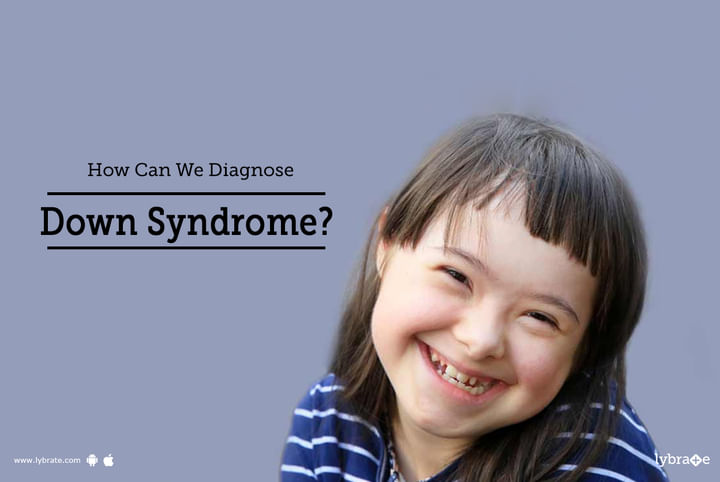How Can We Diagnose Down Syndrome?
Down Syndrome refers to a genetic condition, where a person is born with an extra copy of a chromosome. Usually, a child is born with 23 pairs of chromosomes but those with Down syndrome are born with an additional copy of one of the chromosomes – Chromosome 21. The genetic disorder causes mental and physical disabilities and developmental delays in the child. Here we check out some tests and methods to diagnose down syndrome problems.
Types of Down Syndrome
- Trisomy 21 – This is the most common of all three types, with an extra copy of the 21st chromosome in each cell
- Mosaicism – This happens when the baby is born with an additional chromosome is some but not all the cells
- Translocation – This occurs when a child is born only with one extra part of the 21st chromosome
Some parents are more likely to have a child with Down syndrome. As per the Centres for Disease Control and Prevention, pregnant women above age 35 have a higher chance of having a child with this genetic disorder, as compared to those in their late 20s or early 30s. The chances of giving birth to a child with Down syndrome rise as the mother ages. Screening during pregnancy can help you understand if your child is likely to have Down syndrome or not.
Screening of Down Syndrome During Pregnancy
Screening for Down syndrome could be a part of your routine prenatal care. If the mother is over 35 years, the father is over 40 years, or if there is a family history of Down syndrome, then you should go for an evaluation.
- First trimester – Blood tests and ultrasound can check for the down syndrome in your foetus. These tests have a greater positive-false rate than tests performed at later stages of pregnancy. If the results are not normal, the doctor will most likely follow up with an amniocentesis after the 15th week of pregnancy.
- Second trimester – A QMS test and ultrasound can help recognize Down syndrome, as well as other abnormalities or defects in the spinal cord and brain. The test is performed between 15 and 20 weeks of pregnancy. If the test results show some abnormality, you could be at high risk for birth defects.
Additional Prenatal Test for Down Syndrome
The doctor may recommend a few additional tests to diagnose Down syndrome in the child. These may include –
-
Amniocentesis – The test, typically performed after 15 weeks of pregnancy, involves taking a sample of the amniotic fluid to check for the number of chromosomes the baby has.
-
CVS (Chorionic villus sampling) – The doctor takes cells from the placenta to evaluate foetal chromosomes. The test is conducted between week 9 and week 14 of pregnancy.
-
PUBS (Percutaneous umbilical blood sampling) – For this, the doctor draws blood from the umbilical cord to check for any chromosomal defects. The test is conducted after week 18 of pregnancy.
However, some women hesitate to undergo these tests due to an increased risk of miscarriage.
Tests to Diagnose Down Syndrome at Birth
The doctor will most likely perform the following at birth –
-
A thorough physical examination of the child
-
A certain type of blood test, known as Karyotype, to confirm the diagnosis
Although Down syndrome cannot be cured or prevented, the risks of having a child with this genetic disorder can be reduced with some lifestyle changes. Nevertheless, if you are giving birth to a child with Down syndrome, you will need to work closely with a medical professional to understand the unique challenges of the condition.



+1.svg)
